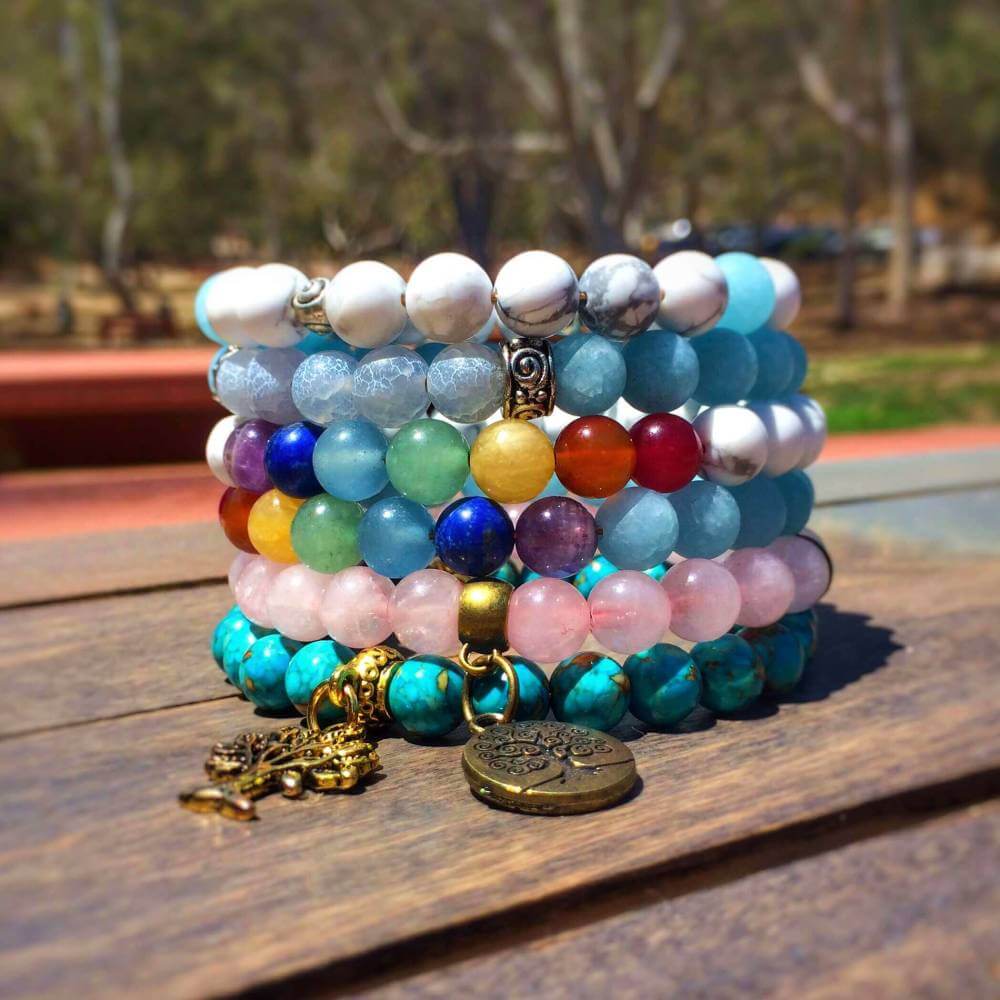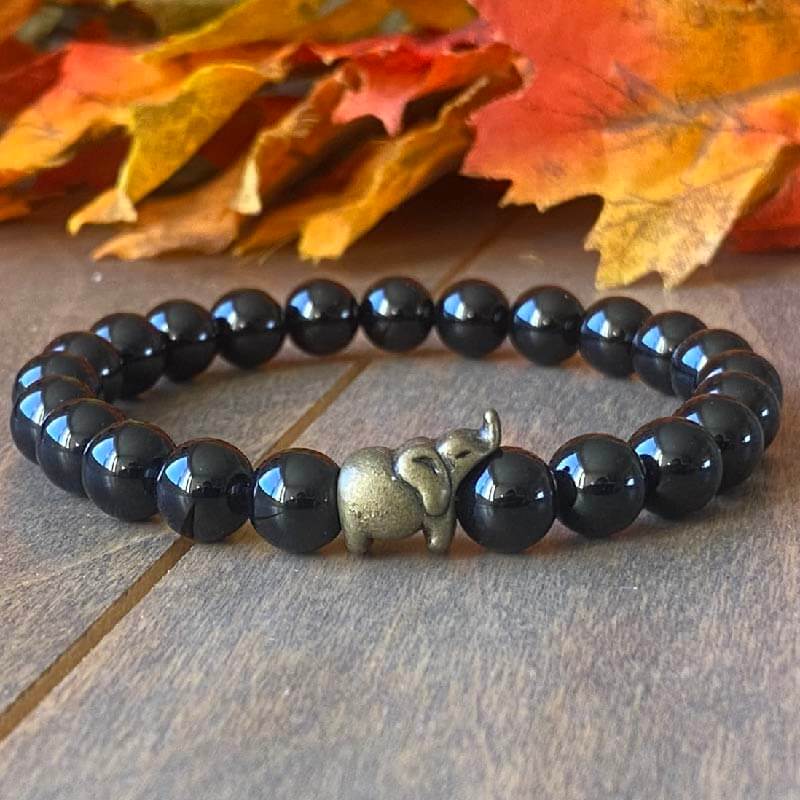Why 2025 Will Be a Breakthrough Year for Online Fashion Stores
The fashion industry has witnessed rapid evolution over the last decade, but 2025 is poised to mark a transformative shift that will redefine the online shopping landscape. From technological advancements to shifts in consumer behavior, a confluence of factors will propel online fashion stores to new heights. Let's explore why 2025 will be a breakthrough year for online fashion stores and what this means for brands aiming to thrive in the digital era.
Online Fashion Stores
One key factor fueling this transformation is the growing demand for tailored experiences. In 2025, consumers will expect brands to deliver shopping journeys uniquely crafted for their preferences, styles, and needs. This trend will be powered by AI-driven insights, allowing fashion brands to anticipate customer desires with unprecedented accuracy. Instead of generic recommendations, shoppers will see personalized Fookbooks, curated product suggestions, and even dynamic pricing models that adapt in real time to their behavior and preferences.
At the same time, social commerce will become a major driving force behind online sales. Platforms like Instagram, TikTok, and emerging newcomers will inspire fashion trends and become direct channels for purchases. As users discover, browse, and buy without leaving their favorite apps, store experience will no longer be confined to a brand’s website. Fashion retailers who integrate seamlessly with social media and create engaging, shoppable content will capture a larger share of the digital market in 2025 and beyond.
Changing Consumer Behavior: A Catalyst for Growth
Consumer behavior has been gradually evolving, but in 2025, these changes will accelerate. Shoppers increasingly seek tailored experiences that align with their values, preferences, and lifestyles. They expect seamless, personalized shopping experiences that combine convenience, speed, and authenticity.
Loyalty programs will also play a more significant role in shaping customer retention strategies. Fashion brands that invest in understanding and adapting to shifting consumer behavior will find themselves ahead of the curve. Brands that successfully harness customer data to create bespoke experiences will cultivate long-term relationships and brand loyalty.
The Rise of Social Commerce
Social media platforms are no longer just channels for marketing; they have become integral parts of the shopping experience. Social commerce is expected to boom in 2025, with platforms like Instagram, TikTok, and Pinterest becoming full-fledged e-commerce marketplaces.
Fashion brands must leverage social media to engage audiences through interactive content, shoppable posts, and live-stream shopping events. The ability to offer real-time product demonstrations and authentic brand experiences will drive higher conversions and foster deeper consumer trust.
AI-Powered Personalization Online Fashion Stores
One of the most exciting developments in the retail industry is the integration of AI-powered tools to enhance the store experience. AI will allow fashion brands to deliver tailored experiences at scale, recommending products based on browsing behavior, previous purchases, and even mood.
Machine learning algorithms will predict trends, optimize inventory management, and forecast customer demand more accurately than ever before. AI-driven chatbots will also revolutionize customer service by providing real-time support, product suggestions, and personalized promotions.
For fashion brands looking to thrive, partnering with a digital marketing agency in Los Angeles like AdExpert.io can help navigate the complexities of AI integration, customer segmentation, and targeted ad campaigns.
Augmented Reality: Bridging the Physical and Digital Divide
Augmented reality (AR) technology will finally reach mainstream adoption in 2025, offering consumers a unique store experience from the comfort of their homes. Shoppers will be able to "try on" clothes virtually, visualize outfits in real-world settings, and even customize garments before purchase.
AR will dramatically reduce return rates by helping customers make more informed decisions. As physical stores increasingly integrate AR into their strategies, the lines between online and offline shopping will blur, creating a truly omnichannel shopping experience.
Supply Chain Innovation and Real-Time Inventory Management
The pandemic exposed vulnerabilities in global supply chains, prompting fashion brands to rethink their sourcing and distribution strategies. By 2025, more companies will adopt flexible, localized, and technology-driven supply chains.
Inventory management will become increasingly sophisticated, using real-time data to adjust stock levels, predict shortages, and minimize waste. This agility will enable online fashion stores to meet consumer demands swiftly while improving sustainability efforts.
The Growing Importance of Ethical and Sustainable Fashion
Sustainability is no longer a trend; it's a movement that will dominate the fashion industry by 2025. Consumers are becoming more conscious of the environmental and social impacts of their purchases. Brands that prioritize transparency, ethical sourcing, and eco-friendly production processes will win favor.
Online fashion stores that integrate sustainability into their core operations—from packaging to logistics—will find themselves better positioned to attract and retain customers. Communicating these values authentically through social media and marketing efforts will be critical.
Loyalty Programs and Long-Term Customer Engagement
As competition intensifies, loyalty programs will become indispensable for building long-term customer relationships. Beyond offering discounts, future loyalty programs will reward customers for engagement, referrals, and sustainable choices.
Brands that gamify the shopping experience and offer personalized rewards will stand out in a crowded marketplace. Expect to see loyalty programs evolve into comprehensive ecosystems that foster community, exclusivity, and emotional connection. Online Fashion Stores.
The Resurgence of the Physical Store
While online shopping is booming, physical stores are far from obsolete. In 2025, brick-and-mortar locations will transform into experiential hubs rather than just transactional spaces. Pop-up shops, flagship experiences, and hybrid retail models will thrive.
These physical experiences will complement online operations, offering customers the best of both worlds. Fashion brands that integrate their online and offline strategies will create a unified brand experience that boosts both loyalty and sales.
Real-Time Data and Predictive Analytics
Real-time data collection and machine learning models will empower fashion brands to make smarter, faster decisions. From adjusting marketing strategies to optimizing inventory in real time, brands will become more agile and responsive to market demands.
Predictive analytics will also enhance product development, enabling brands to design collections based on emerging trends and customer insights. Staying ahead of the curve will be essential in a rapidly changing retail industry.
Preparing for a New Era
Online Fashion Stores
Fashion brands that want to thrive in 2025 must start preparing now. Embracing technology, prioritizing customer-centric strategies, and committing to sustainability will no longer be optional—they will be mandatory for success.
Working with a forward-thinking digital marketing agency in Los Angeles like AdExpert.io can give fashion brands the edge they need. From AI-driven ad campaigns to social commerce optimization, professional digital marketing support will be crucial for capturing and retaining audiences in a fiercely competitive environment.
The Time to Act Is Now
2025 represents a pivotal moment for online fashion stores. Those who innovate, adapt, and embrace new technologies will lead the future of online shopping. Brands must invest in enhancing the shopping experience, optimizing supply chains, and leveraging AI-powered insights to build sustainable, long-term success.
The fashion industry is evolving at lightning speed. Are you ready to keep up?





























































